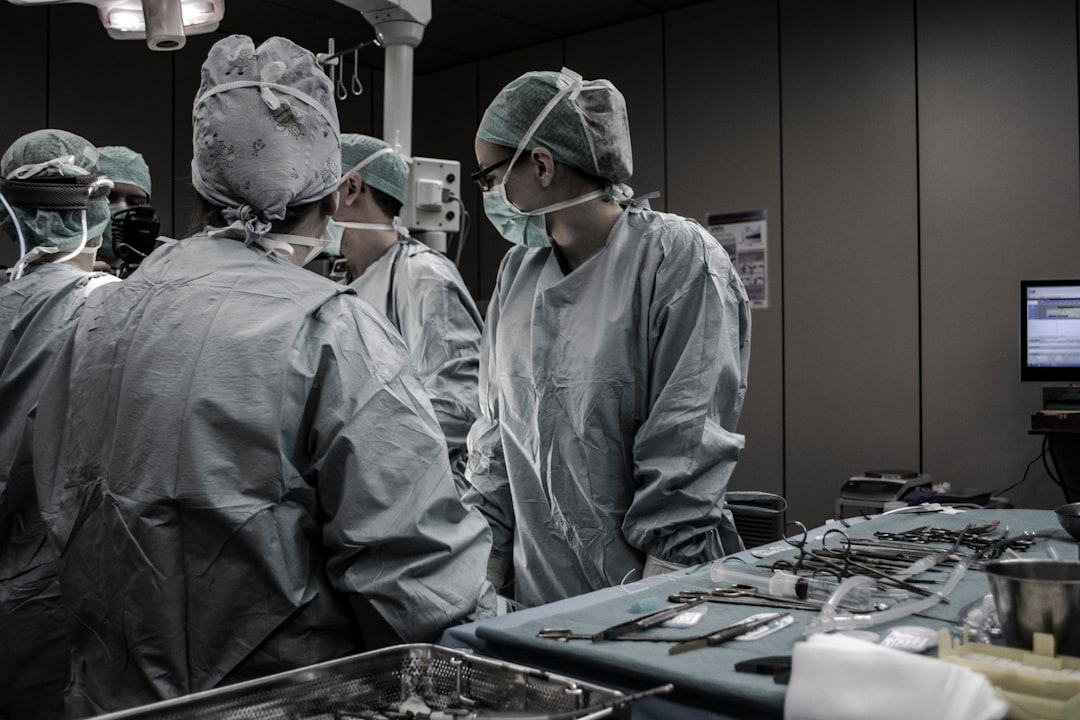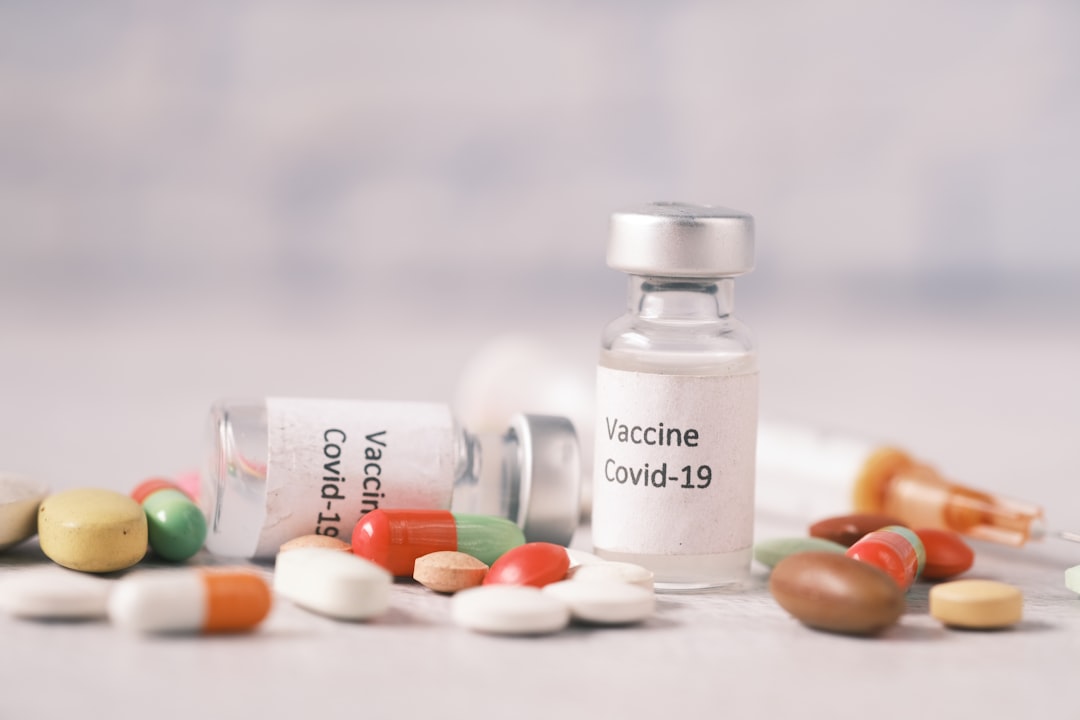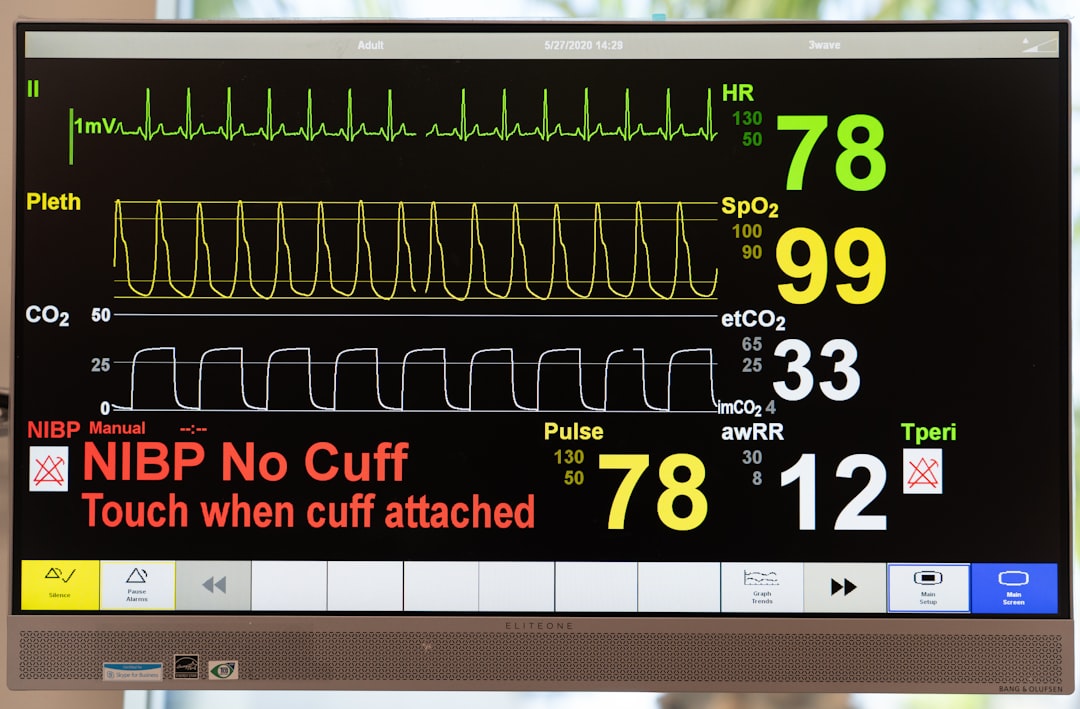Conquering GLP-1 Challenges: Your Roadmap to Wellness
Overview of GLP-1 Medications and Their Purpose
Understanding GLP-1 Medications
GLP-1 medications are a class of drugs that mimic the glucagon-like peptide-1 hormone, which plays a crucial role in regulating blood sugar levels and appetite. These medications stimulate insulin release and reduce hunger, making them effective for managing type 2 diabetes and promoting weight loss [6]. Among the ten FDA-approved GLP-1 medications are Ozempic, Wegovy, and Trulicity, each offering different dosages and methods of administration, such as injections or oral forms. Despite their benefits, these drugs can induce common gastrointestinal side effects like gastrointestinal adverse events, affecting a significant percentage of patients.
Patients often report improved glycemic control and weight management when using GLP-1 medications, leading to enhanced health outcomes. Understanding how these medications work helps patients manage their expectations regarding potential side effects and underscores the importance of adhering to prescribed treatments.
Common Side Effects of GLP-1 Medications
Nausea and Vomiting
Nausea is the most frequently reported side effect of GLP-1 medications, impacting up to 50% of patients during treatment. This side effect is often dose-dependent, which is why gradual dose escalation is recommended to minimize its severity. Patients might find temporary relief by switching to a liquid diet, which can help reduce the intensity of nausea and vomiting symptoms. It’s crucial to monitor for dehydration, as persistent vomiting can lead to significant fluid loss, necessitating medical attention. Keeping a symptom diary can help identify nausea triggers and adjust management strategies effectively.
Bloating and Indigestion
Bloating and indigestion are common gastrointestinal side effects of GLP-1 medications, resulting from their mechanism of slowing gastric emptying. Patients can alleviate these symptoms by making dietary adjustments, such as avoiding high-fat foods and consuming smaller, more frequent meals. Engaging in light physical activity post-meals can also promote digestion and reduce bloating. Some patients may find relief with over-the-counter medications specifically designed for bloating and gas.
Strategies for Managing Side Effects
 Dietary Adjustments
Dietary Adjustments
Managing gastrointestinal side effects of GLP-1 medications often involves strategic dietary adjustments. Increasing daily fiber intake to 25-35g can help manage gastrointestinal issues and support healthy digestion. Avoiding artificial sweeteners and high-fat foods reduces stomach discomfort and improves medication tolerance. Proper hydration is crucial in preventing constipation and maintaining overall digestive health. Incorporating probiotic-rich foods into the diet may support gut health and alleviate some digestive issues. Gradually introducing new foods helps identify potential triggers for side effects.
Medication Management
In some cases, prescribed medications like prucalopride and ondansetron can assist in managing severe nausea and vomiting associated with GLP-1 medications. Regular consultations with healthcare providers are essential to adjust dosages and address persistent side effects. It is important to discuss any new medications or supplements with healthcare providers to avoid adverse interactions. Documenting side effects and their severity can help healthcare providers tailor management plans effectively.
 Understanding Gastroparesis
Understanding Gastroparesis
Relation to GLP-1 Medications
Gastroparesis, a condition characterized by delayed gastric emptying, can emerge as a side effect when utilizing GLP-1 medications, necessitating diligent management strategies. This condition can exacerbate symptoms like nausea, bloating, and feelings of fullness, which are already common in GLP-1 medication users. Patients might find themselves needing to adopt specific dietary adjustments, such as consuming smaller, more frequent meals to ease the digestive process and reduce discomfort. Additionally, healthcare providers might suggest medication adjustments to mitigate these effects, such as altering dosage or timing, to better synchronize with the patient’s unique digestive patterns.
For individuals with a pre-existing history of gastroparesis, it is crucial to communicate this with their healthcare team prior to starting a GLP-1 regimen. This allows for a comprehensive evaluation of potential risks and ensures that any treatment plan is tailored to minimize complications. Understanding and identifying the symptoms of gastroparesis—such as early satiety, bloating, and abdominal discomfort—enables patients to promptly report these issues to their healthcare providers. Early detection and reporting can facilitate timely interventions, which might include additional dietary recommendations or alternative therapeutic approaches, thereby improving patient comfort and treatment outcomes. This proactive approach is vital in managing gastroparesis alongside GLP-1 medication use, ultimately supporting better health management and quality of life.
 Importance of Emergency Care
Importance of Emergency Care
When to Seek Immediate Medical Attention
Understanding when to seek emergency care is vital for patients using GLP-1 medications, as certain side effects can escalate quickly and pose serious health risks. For instance, severe gastrointestinal symptoms such as persistent nausea, vomiting, or abdominal pain are indicators that immediate medical attention is necessary. Facilities like El Paso Emergency Room provide 24/7 emergency services, ensuring patients have access to swift and high-quality care when facing such severe side effects [product context]. It is equally important for patients to inform healthcare providers about their use of GLP-1 medications prior to undergoing surgeries involving anesthesia, since the slowed digestion associated with these drugs can lead to complications.
In addition to gastrointestinal issues, severe dehydration resulting from continuous vomiting can lead to further health complications, underscoring the need for prompt medical intervention. Another critical condition that requires urgent care is pancreatitis, which may manifest as severe abdominal pain radiating to the back. Such symptoms should not be ignored, as they can indicate a serious underlying issue that necessitates emergency treatment. By being vigilant and responsive to these warning signs, patients can better manage their health while on GLP-1 medications, ensuring any potentially life-threatening situations are addressed swiftly and effectively. For more information on emergency services, patients can visit El Paso Emergency Room’s website at https://www.eper.com/.
 Managing Side Effects for Improved Quality of Life
Managing Side Effects for Improved Quality of Life
 Strategies for Long-Term Management
Strategies for Long-Term Management
For those managing GLP-1 medication side effects, establishing a routine of regular follow-ups with healthcare providers is crucial. These appointments serve as opportunities to review the effectiveness of the medication and address any adverse effects that may arise. Such proactive management can significantly improve a patient’s experience and adherence to treatment plans. Additionally, joining a support group can be invaluable. These groups offer a space for patients to share personal experiences and gain insights into effective strategies for coping with side effects, creating a sense of community and shared understanding.
Incorporating physical activity into daily routines is another effective strategy for managing side effects associated with GLP-1 medications. Exercise not only contributes to overall health but can also alleviate specific side effects, such as digestive discomfort or fatigue, by improving circulation and metabolic function. Furthermore, maintaining open lines of communication with healthcare professionals is essential. Regular discussions about side effects allow for tailored management plans that address individual needs and preferences, ensuring a more personalized approach to care. By prioritizing these strategies, patients can enhance their quality of life while undergoing treatment with GLP-1 medications.
Conclusion: Prioritizing Health and Well-Being While on GLP-1 Medications
Navigating the side effects of GLP-1 medications is a fundamental aspect of ensuring that patients can adhere to their treatment plans without compromising their quality of life. These medications, while effective for managing diabetes and promoting weight loss, can present challenges that require careful attention and management. By understanding the potential side effects, such as gastrointestinal disturbances, and employing strategies to mitigate them, patients can maintain their health and well-being throughout the treatment process. Engaging in regular communication with healthcare providers can also lead to personalized management plans that address individual concerns and improve overall treatment outcomes.
For patients who experience severe side effects that demand immediate medical intervention, it is vital to have access to reliable healthcare services. El Paso Emergency Room offers 24/7 emergency services equipped with state-of-the-art technology and experienced medical professionals ready to provide prompt care. Whether you need assistance with side effects like severe nausea or dehydration, El Paso Emergency Room is dedicated to ensuring your health and safety. For more information or to explore their comprehensive services, visit their website at https://www.eper.com/. Prioritizing your health while on GLP-1 medications is not just about managing side effects but also about having the right resources at your disposal when you need them most.


